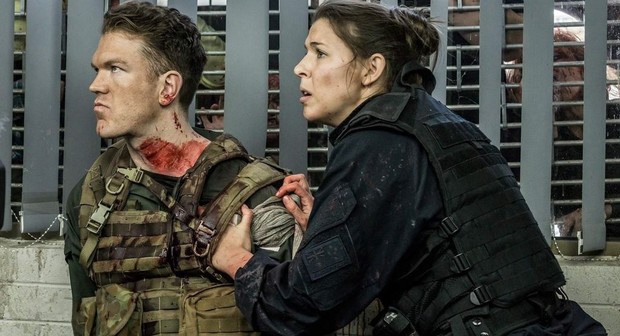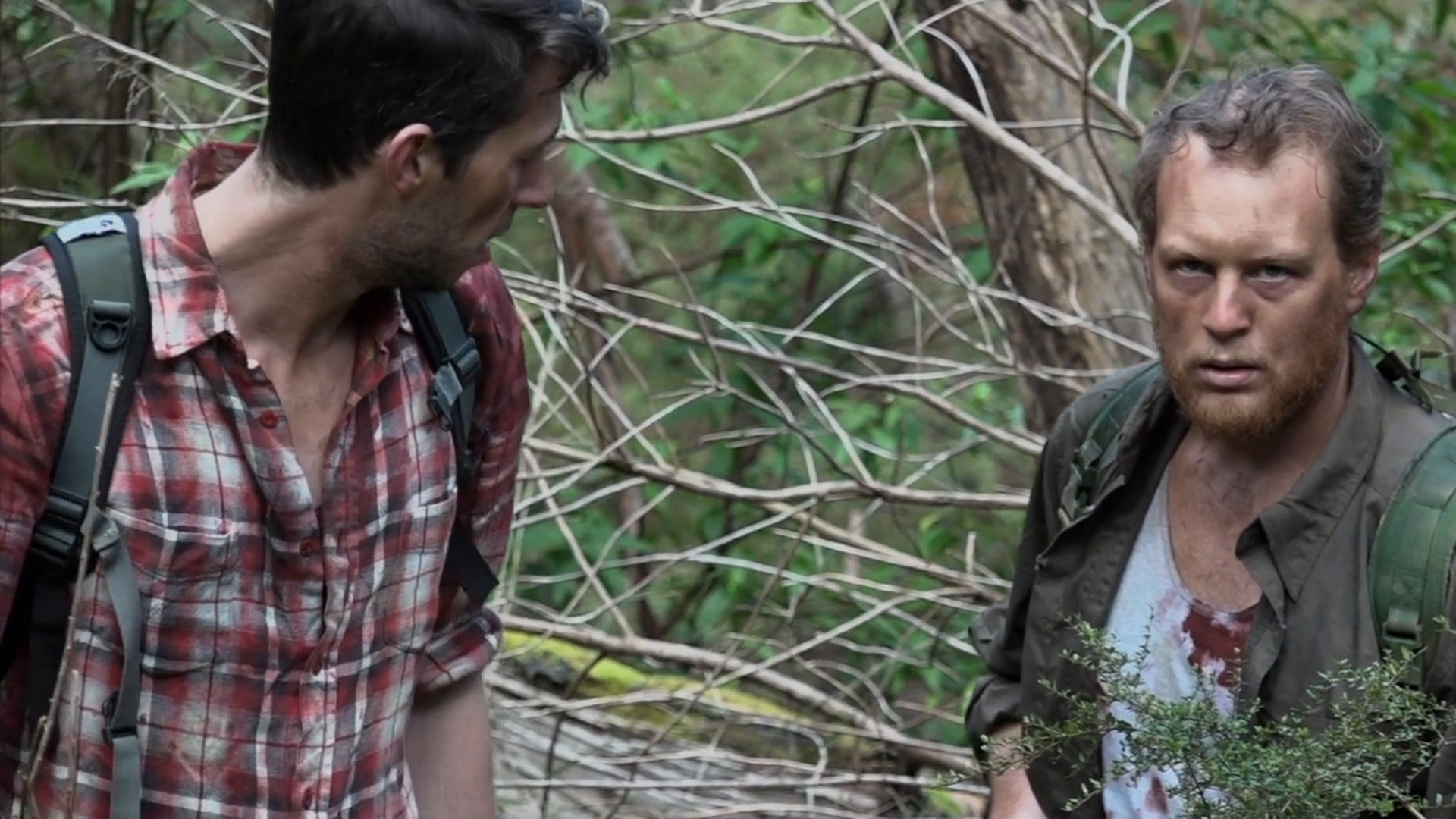The Last Hope (2020): Australia’s Final Stand Against the Undead
The Last Hope, released in 2020, is an Australian independent zombie film directed and co-written by Leigh Ormsby alongside Glenn Ellis. Set in a near-future world ravaged by a deadly zombie outbreak, the story imagines Australia as the last remaining safe haven—cut off from the rest of the infected globe by strict quarantine zones, military checkpoints, and internment camps. However, the fragile peace begins to unravel when a mysterious refugee arrives, carrying more than just secrets.
The film takes place primarily in and around a military-run detention center in Victoria. Refugees from the outside world are brought in, including a quiet, enigmatic teenage girl from France. Her arrival sparks fear among soldiers and detainees alike. As suspicion spreads, tensions boil over inside the camp. Security falters, and the infection finds its way into the one place humanity believed was still safe. What follows is a descent into panic, betrayal, and survival as the characters are forced to confront both the undead and each other.

The Last Hope is a low-budget production, and its technical limitations are noticeable throughout. The camerawork often feels unstable, with excessive use of handheld shots that detract from clarity. The editing lacks polish, creating abrupt scene transitions and moments of confusion. Dialogue delivery ranges from wooden to overly dramatic, and many performances struggle to convey genuine emotion. The special effects, particularly the makeup for the zombies, are modest and occasionally effective—but generally fall short of genre standards.
Critically, the film received largely negative responses. Many viewers pointed out flaws in storytelling, acting, and cinematography. Some called it an example of how not to make an indie horror movie, citing its clumsy pacing and lack of atmosphere. Still, there were a few viewers who acknowledged its ambition. They noted that, despite its flaws, the core idea—Australia as humanity’s final hope—was intriguing and offered a fresh geographical lens to a tired genre.

Thematically, The Last Hope explores ideas of fear, sacrifice, and moral ambiguity during a global crisis. It attempts to raise questions about who gets to survive and at what cost. Unfortunately, the execution of these ideas often falls short due to poor scriptwriting and an underdeveloped plot. Character motivations are sometimes unclear, and emotional beats lack the necessary buildup to land effectively.
Some sources indicate that The Last Hope may have evolved from a short film titled The Infected, which shared similar ideas of containment and societal breakdown. Expanding the short into a full-length feature seems to have stretched the material thin, leading to a story that drags despite its relatively brief runtime.
In conclusion, The Last Hope is a well-intentioned but poorly executed attempt at a zombie thriller. It stands as a cautionary tale for indie filmmakers: ambition and creativity are essential, but so are technical skill and storytelling discipline. While fans of the zombie genre may appreciate the effort and occasional flashes of originality, most viewers will likely find it a disappointing entry into the undead canon.


